Germany’s climate ambassador, Jennifer Morgan, has stressed the urgent requirement for substantial reductions in emissions by 2030, refuting assertions that the Paris accord simply prioritises achieving net zero emissions by 2050. In the context of Australia’s political discussion on climate change, opposition leader Peter Dutton has indicated a possible departure from the 2030 objective for reducing emissions.
Dutton has proposed that the Paris agreement places greater importance on achieving the net zero goal by 2050, so diminishing the urgency of implementing immediate reductions. Nevertheless, Morgan, in conversation with Guardian Australia, emphasised the significance of robust 2030 objectives in order to uphold the objective of restricting global warming to 1.5°C over preindustrial levels. “This decade is crucial,” Morgan asserted, calling for 2030 targets based on scientific evidence as an essential part of the global climate plan.
The existing 2030 target for Australia, which aims to reduce emissions by 43% compared to 2005 levels, is legally established. However, Dutton has suggested the potential for modifying this commitment. His position differs from the 2021 commitment made at the UK-hosted Cop26 summit, in which governments, including the former Australian government, pledged to review and enhance their 2030 targets.
Morgan’s remarks emphasise the need for prompt action, echoing her previous words made while visiting the Pacific, where she emphasised the critical importance of achieving the 1.5°C target for numerous areas. Her vast expertise in global climate negotiations strengthens her demand for increased ambition in the upcoming decade.
Germany is partnering with Australia, specifically in the field of green hydrogen development, as part of its efforts to move to clean energy. Meanwhile, Dutton has suggested nuclear energy as a potential answer, although experts contend that it is an impractical choice in the near future and is unlikely to be feasible before the 2040s. Alternatively, expediting the implementation of renewable energy is a viable approach to reaching Australia’s 2030 objective.
Amidst current global climate negotiations and the next Cop29 meeting, the argument in Australia mirrors a wider worldwide agreement: the upcoming decade is pivotal for implementing effective climate measures.

